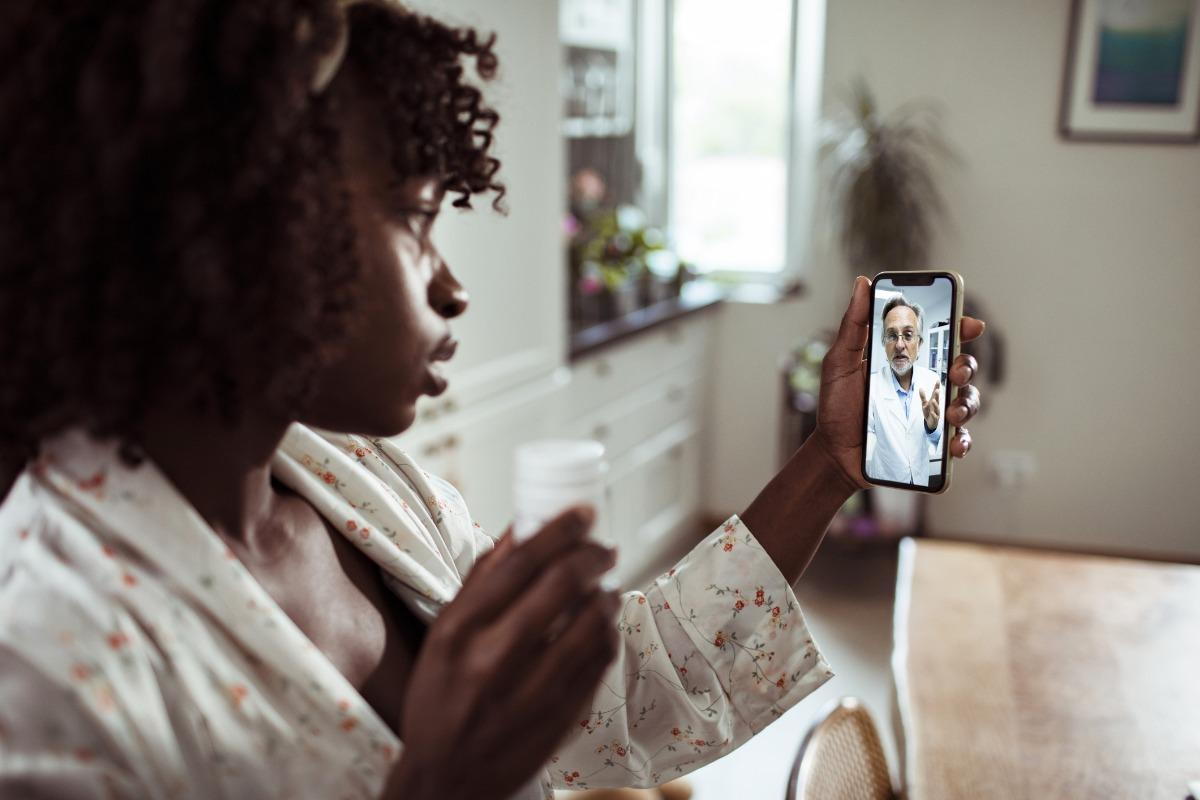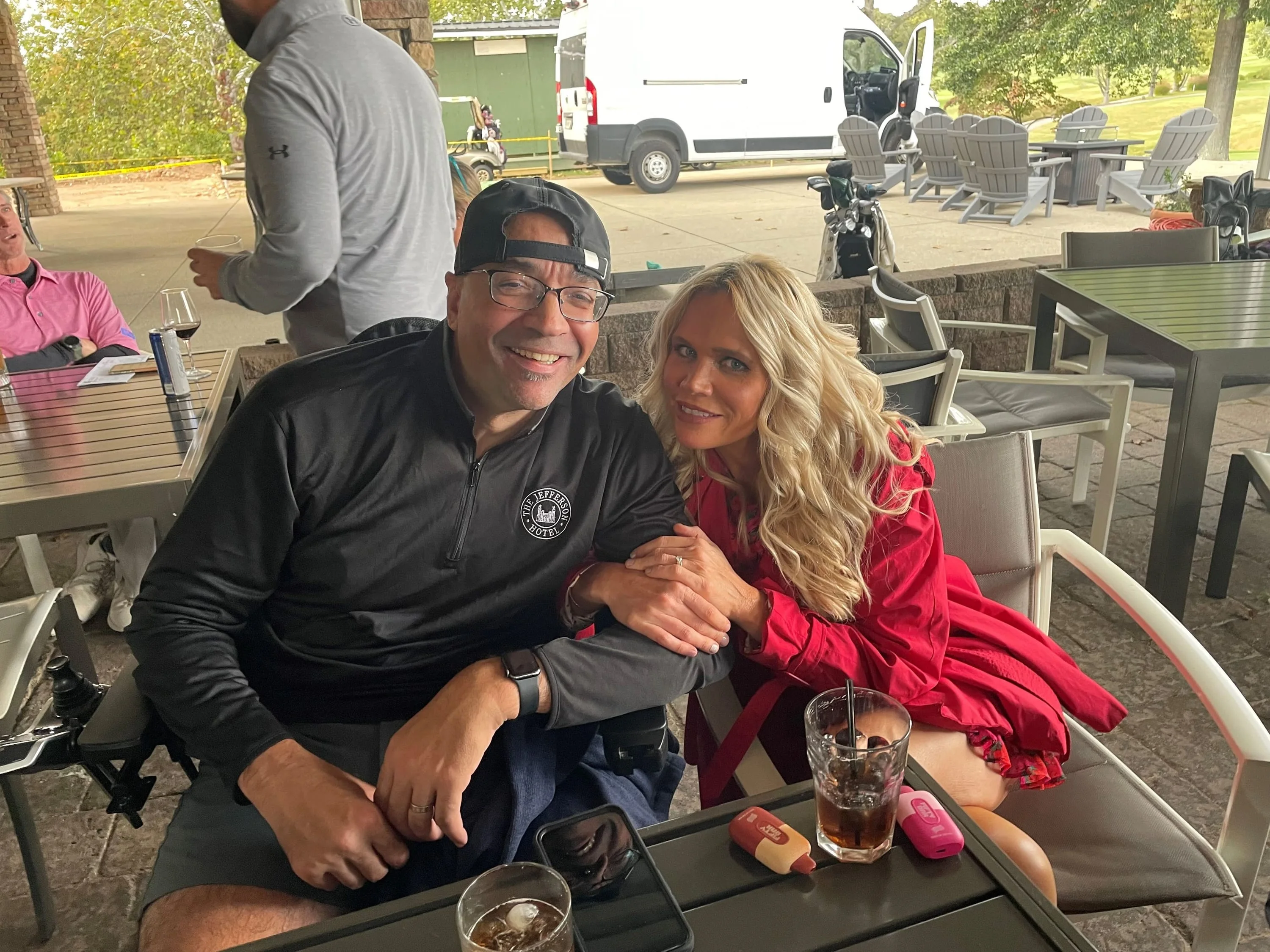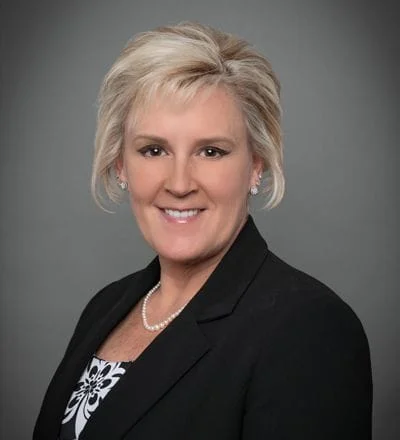
- posted: Nov. 15, 2020
 The spread of COVID-19 in West Virginia accelerated in mid-summer and into fall. As a result, courts in some of the state’s more heavily affected areas implemented protocols and procedures designed to keep court employees, litigants and the public safe while continuing to provide as much access to the courts as possible. Remote court proceedings are one of the options available to courts to help achieve those goals.
The spread of COVID-19 in West Virginia accelerated in mid-summer and into fall. As a result, courts in some of the state’s more heavily affected areas implemented protocols and procedures designed to keep court employees, litigants and the public safe while continuing to provide as much access to the courts as possible. Remote court proceedings are one of the options available to courts to help achieve those goals.
At the onset of the pandemic, on March 23, the state’s Supreme Court of Appeals declared a judicial emergency, putting a stop to most court proceedings. The Court allowed the judicial emergency to expire on May 16, in an order titled Resumption of Operations Protocols. Judicial officials in each county were given discretion to determine whether to close courts or to limit in-person judicial activities going forward. As a result, courts in different counties are handling the virus outbreak differently.
On October 6, the Supreme Court issued revised Resumption of Operations Protocols in response to the increasing spread of COVID-19 in our state. In its newer order, the court expressly encouraged the use of remote technology to conduct hearings and proceedings. In counties designated as “hot spots,” hearings and other proceedings must be held via video or teleconference. In less affected counties, known as “green” counties, such remote proceedings are encouraged but not mandated.
The use of video and teleconferencing is not ideal, and in some contexts, particularly criminal cases, some have questioned whether constitutional rights can be adequately protected in a virtual environment. For most civil cases though, where constitutional rights are rarely involved, attorneys have found remote proceedings to be effective and clients are usually pleased that progress is being made despite the pandemic.
As we head into winter, no one knows exactly what to expect, but it seems highly likely that more counties will need to conduct proceedings remotely. COVID-19 caseloads may become such that certain counties decide to close courts entirely. This occurred in Logan, Boone and Lincoln counties in early August. Chief Logan Circuit Judge Eric O’Brien’s closure order was accompanied by a letter from Logan County Health Director Livia Cabauatan, pointing out that in the three-month period between March 18 and June 21 there were just 21 positive cases in the county; between June 22 and July 30, barely more than one month, there were 119 cases.
The West Virginia Judiciary has created an always-updated section on its website displaying which courts are closed and which are open.
The lawyers of Pullin, Fowler, Flanagan, Brown & Poe, PLLC are closely monitoring the situation across West Virginia. We have experience with remote proceedings and are confident that we can effectively advocate for our clients in this unique environment. If you have questions about COVID-19 and your case, please call 304-344-0100 or contact us online. We have offices in Charleston, Morgantown, Beckley and Martinsburg.



















